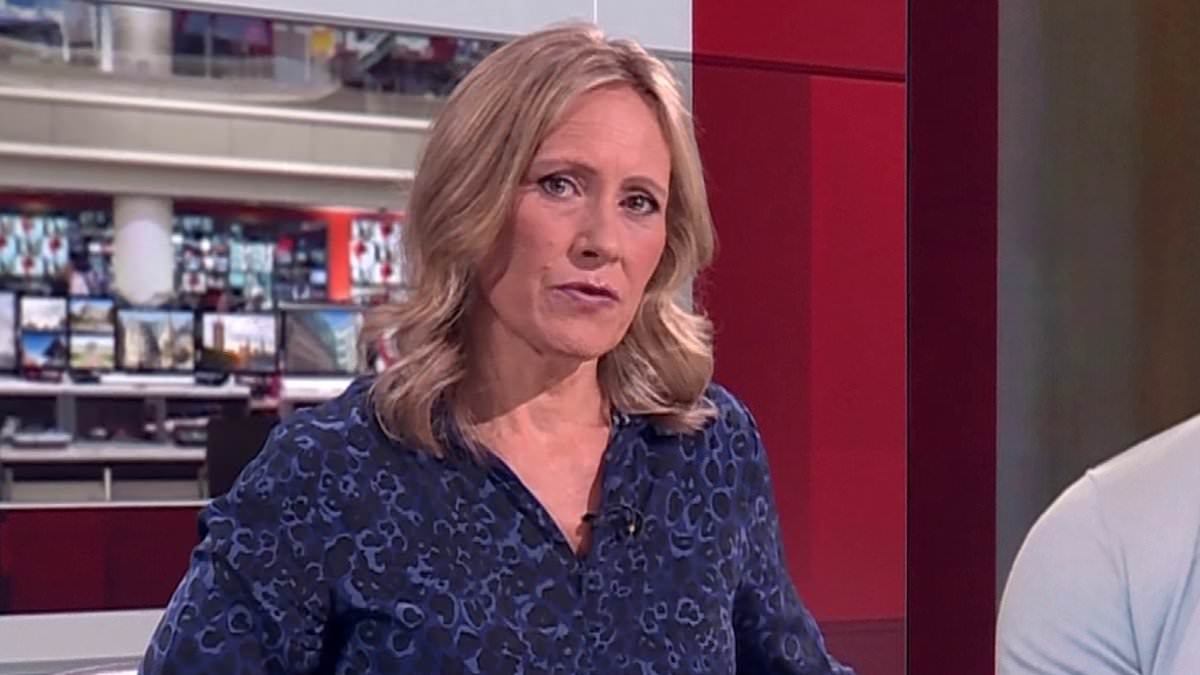Television has lost its crown to online as Britain’s number one news source, a study by the media regulator has found.
For 60 years, the small screen has reigned supreme in informing the nation.
But Ofcom says that social media, websites and apps have knocked TV off its perch.
Some 70 per cent of British adults say they get their news from TV, down from 75 per cent last year, compared with 71 per cent who consume it on the web in some form.
The digital surge is driven by the young, with 88 per cent of 16 to 24-year-olds saying they prefer reading news online than from broadcast media, according to the watchdog’s News Consumption In The UK report.
That age bracket lists Facebook, X/Twitter, YouTube, Instagram and TikTok as more important news sources than BBC1, ITV1 or BBC News.
The report says is one of Britain’s most popular online news sites, along with BBC News, Sky News and The Guardian.
More than half of UK adults (52 per cent) now use platforms such as Facebook, YouTube and Instagram to access news, up from 47 per cent in 2023.
BBC1 retains the top spot (43 per cent) as the most popular source from 2019 to 2024, but social media platforms now claim four of the top ten spots.
Facebook is tied in second place with ITV1 (both 30 per cent), while BBC iPlayer (23 per cent) is fourth and YouTube (21 per cent) is fifth.
Meanwhile, just 51 per cent of all adults still watch news on any of the main public service broadcasters each week.
But the traditional platforms still outperform digital on trust, accuracy and impartiality.
Some 70 per cent of respondents said TV channels are accurate, with 66 per cent saying that of newspapers, compared to just 53 per cent for websites and 44 per cent for social media.
Concerningly, nearly a third of those surveyed said they saw false or misleading information during the election, while more than half were concerned about the impact of deep fake content.
Yih-Choung Teh, Ofcom’s group director for strategy and research, said: ‘Television has dominated people’s news habits since the Sixties, and it still commands really high trust.
‘But we’re witnessing a generational shift to online news, which is often seen as less reliable – together with growing fears about misinformation and deep fake content.
‘Ofcom wants to secure high-quality news for the next generation, so we’re kicking off a review of the public service media that help underpin the UK’s democracy and public debate.’
The top ten news sources according to the Ofcom News Consumption In The UK report are: BBC1 (43 per cent), ITV (30 per cent), Facebook (30 per cent), BBC iPlayer (23 per cent), YouTube (19 per cent), Sky news (19 per cent), BBC News (channel) (18 per cent), BBC News (website/app) (18 per cent), Instagram (18 per cent), X/Twitter (15 per cent).
